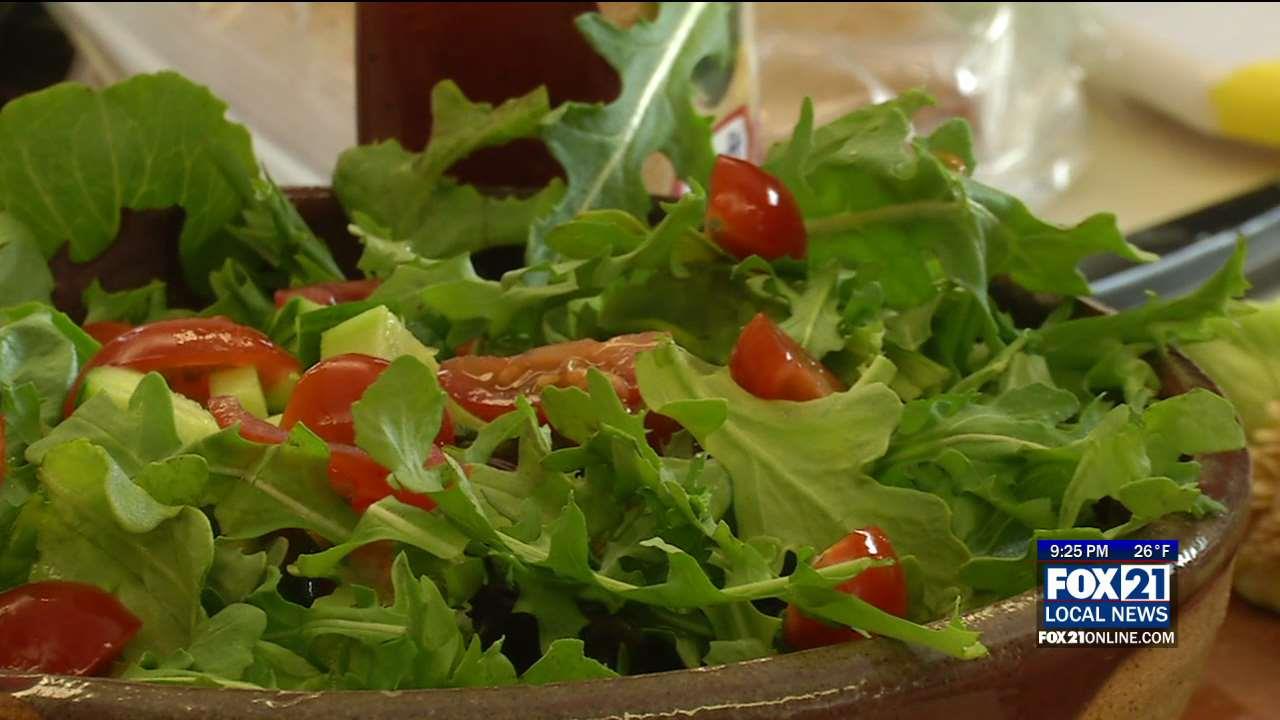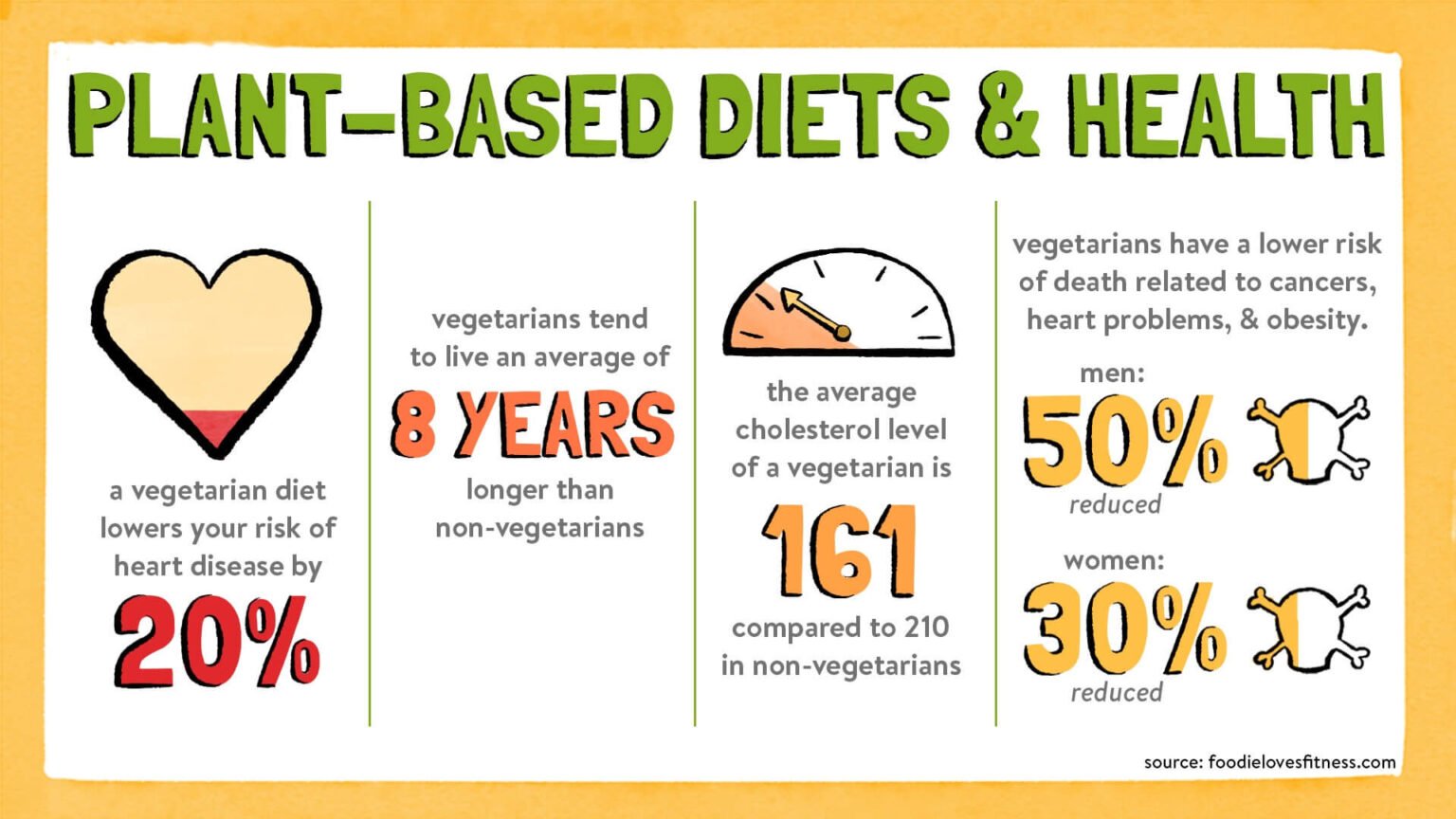The Vegan Family: Raising Healthy, Plant-powered Kids

Executive Summary

This article provides comprehensive and persuasive information for families considering or currently following a vegan lifestyle. It explores the nutritional benefits, ethical considerations, and practical tips for raising healthy, plant-powered children. By addressing common concerns and providing evidence-based advice, this article aims to empower families to make informed decisions and ensure the well-being of their children.

Introduction
Adopting a vegan lifestyle has become increasingly prevalent as parents seek healthier and more sustainable ways to raise their families. This article delves into the multifaceted aspects of raising vegan children, offering insights into the nutritional and ethical dimensions, as well as practical strategies for ensuring a balanced and fulfilling diet.
FAQs
1. Are vegan diets nutritionally adequate for children?
Yes, well-planned vegan diets meet the nutritional requirements of children at all stages of development. Plant-based foods provide sufficient protein, iron, calcium, and other essential nutrients.
2. Do vegan children need supplements?
Some vegan children may need supplements for vitamin B12, which is not found in plant-based foods. Vitamin D supplementation may also be recommended, depending on sunlight exposure.
3. Is it challenging to feed vegan children?
It can be initially, but with planning and creativity, it can become routine. Meal planning, fortified foods, and vegan-friendly recipes can help meet nutritional needs.
Nutritional Benefits
1. Reduced Risk of Chronic Diseases
Studies have shown that vegan diets reduce the risk of heart disease, obesity, and type 2 diabetes later in life. They are rich in antioxidants, fiber, and phytonutrients, which protect against chronic diseases.
2. Improved Cholesterol and Blood Pressure
Vegan diets are typically low in saturated fat and cholesterol, which helps maintain healthy cholesterol levels and blood pressure. This can reduce the risk of cardiovascular disease.
3. Weight Management
Plant-based foods are naturally high in fiber, which promotes satiety and helps maintain a healthy weight. Vegan diets also tend to be lower in calories and fat than non-vegan diets.
4. Gut Health
Vegan diets are rich in fiber, which supports a healthy gut microbiome. The microbiome plays a crucial role in digestion, immunity, and overall well-being.
5. Allergy Prevention
Studies suggest that introducing a variety of plant-based foods early in a child’s life may reduce the risk of allergies and food intolerances.
Ethical Considerations
1. Animal Welfare
Veganism is rooted in compassion for animals. By choosing plant-based foods, families can avoid contributing to the suffering and exploitation of animals in factory farms.
2. Environmental Sustainability
Animal agriculture contributes significantly to greenhouse gas emissions, deforestation, and water pollution. Vegan diets reduce environmental impact by promoting plant-based production.
3. Human Rights
The production of animal products often involves inhumane labor practices. Choosing vegan foods supports fair trade and protects workers’ rights.
Practical Tips
1. Meal Planning
- Plan meals around nutrient-rich plant-based foods like fruits, vegetables, whole grains, legumes, and nuts.
- Include fortified foods like plant-based milk and cereals to ensure adequate vitamin and mineral intake.
- Consult a registered dietitian or healthcare professional for personalized guidance.
2. Food Sources
- Fruits and vegetables: apples, bananas, broccoli, leafy greens, tomatoes
- Whole grains: brown rice, quinoa, oatmeal, whole-wheat bread
- Legumes: lentils, beans, chickpeas, tofu, tempeh
- Nuts and seeds: almonds, walnuts, chia seeds, flaxseeds
3. Transitioning Gradually
- Start by incorporating plant-based meals a few times a week.
- Gradually increase the frequency and variety of vegan foods.
- Avoid restricting certain food groups suddenly.
4. Iron Intake
- Include iron-rich foods like lentils, beans, spinach, fortified cereals, and tofu.
- Enhance iron absorption by consuming vitamin C-rich foods like citrus fruits.
5. Vitamin B12
- Take a vitamin B12 supplement or consume fortified foods like plant-based milk and cereals.
- Consult a healthcare professional for guidance on dosage and frequency.
6. Calcium and Vitamin D
- Consume calcium-rich foods like tofu, fortified plant-based milk, leafy greens, and almonds.
- Ensure adequate vitamin D exposure through sunlight or supplementation.
Conclusion
Raising vegan children is a rewarding and empowering choice that promotes both their health and the world they live in. By understanding the nutritional benefits, ethical considerations, and practical strategies, families can confidently provide their children with a balanced and plant-powered diet. By choosing veganism, they not only support the well-being of their children but also contribute to a more sustainable and compassionate world.
Keyword Tags
- Vegan Children
- Plant-powered Diet
- Nutritional Benefits
- Ethical Considerations
- Practical Tips


























